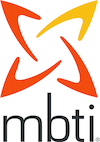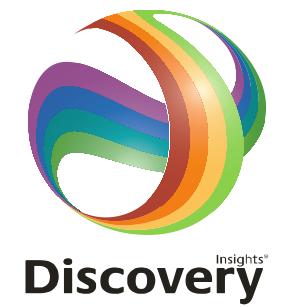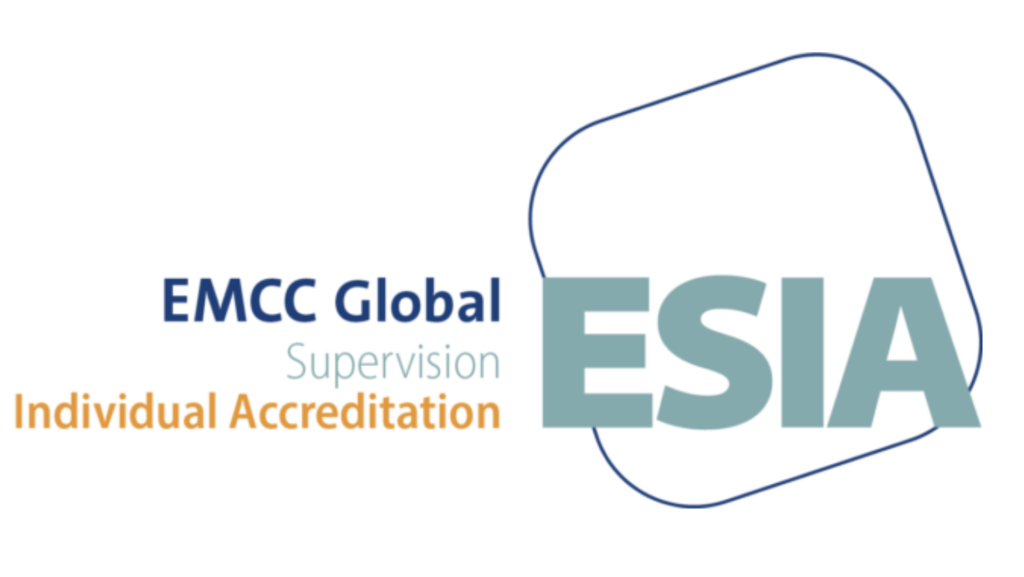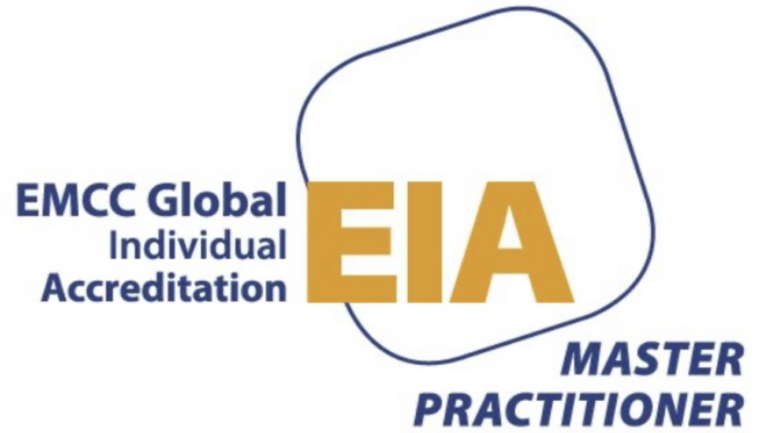
Psychometric Assessment Tools
The following 360 feedback instruments and personality profiling assessments are available as part of our executive and leadership coaching courses.
Extraordinary Leader 360
“Extraordinary Leader 360” is a powerful 360 feedback diagnostic profiling tool and resource designed to “provide you with the insights and tools you need to become and remain an extraordinary leader within your organisation”. Use this tool to measure your own leadership capacity through the eyes of your colleagues and as a point of reference for executive coaching. This tool moves beyond the traditional approaches to personal development. It focuses on cultivating extraordinary performance by identifying and building on your unique, signature strengths.
iOpener People and Performance Questionnaire

The iOpener People and Performance Questionnaire (iPPQ) is a psychometric tool, designed to assess workplace happiness and well-being. The iPPQ is the 1st and only example of a tool measuring happiness in the workplace and linking this to organisational productivity. Happiness at Work is defined as a mindset which enables action to maximise performance and achieve potential. The instrument can be used for individuals, teams or whole organisations.
Strengths Deployment Inventory

The Strength Deployment Inventory is a self-assessment tool designed to increase relationship effectiveness. The report created is often used as an alternative to the Myers Briggs Type Indicator. It has the advantage of being very simple to understand, easy to remember and practical to use. Outputs from undertaking this process include self-awareness around what gives people a sense of self-worth and what’s important to them when relating with others. It is especially valuable in understanding what is really going on when a person “enters conflict”.
Myers Briggs Type Indicator

The Myers Briggs Type Indicator (MBTI) looks at personality type based on four fundamental dimensions of individual difference to create 16 personality type profiles. Extraversion – Introversion (Where you prefer to get or focus your energy), Sensing – Intuition, (The kind of information you prefer to gather and trust), Thinking – Feeling, (The process you prefer to use in coming to decisions) and Judging – Perceiving (how you prefer to deal with the world around you). The insights gained provide a framework for tackling a wealth of issues that can be applied in both professional and private arenas.
Hogan Assessment Systems

The Hogan suite of assessment systems includes four separate assessments. These include The Hogan Personality Inventory (HPI) and Hogan Development Survey (HDS). HPI measures the personality in relation to job performance. It looks that deeply ingrained personal characteristics that impact how individuals approach work and their interaction with others. It is based on the 5 Factor Model of personality and 30 years of research and refinement. In contrast, HDS provides insights regarding 11 “derailment” tendencies that are capable of impeding work relationships, hindering productivity and limiting career potential.
Emotional and Social Competence Inventory

Emotional and social intelligence is the capacity for understanding and managing emotions effectively in ourselves and others. The Emotional and Social Competency Inventory (ESCI) measures 12 competencies that differentiate outstanding from average performers. These come within 4 main cluster headings: Self-Awareness (recognising and understanding our own emotions), Social Awareness (recognising and understanding the emotions of others), Self-Management (effectively managing our own emotions) and Relationship Management (applying emotional understanding in our dealings with others).
Insights Discovery

The Insights Discovery instrument plots personality in relation to four types of energy, based on Carl Jung’s theory of preferences. Like MBTI, Insights refers to the Introversion/Extraversion and the Thinking/Feeling dichotomies. These generate four distinct communication styles: Fiery Red (prefer a fast pace and for communication to be to the point), Sunshine Yellow (communicate with enthusiasm and excitement), Earth Green (prefer a slow pace with plenty of quiet time to reflect on issues) and Cool Blue (prefer information and communication to be written). The product is extremely versatile and can be used in almost any training or coaching context.





